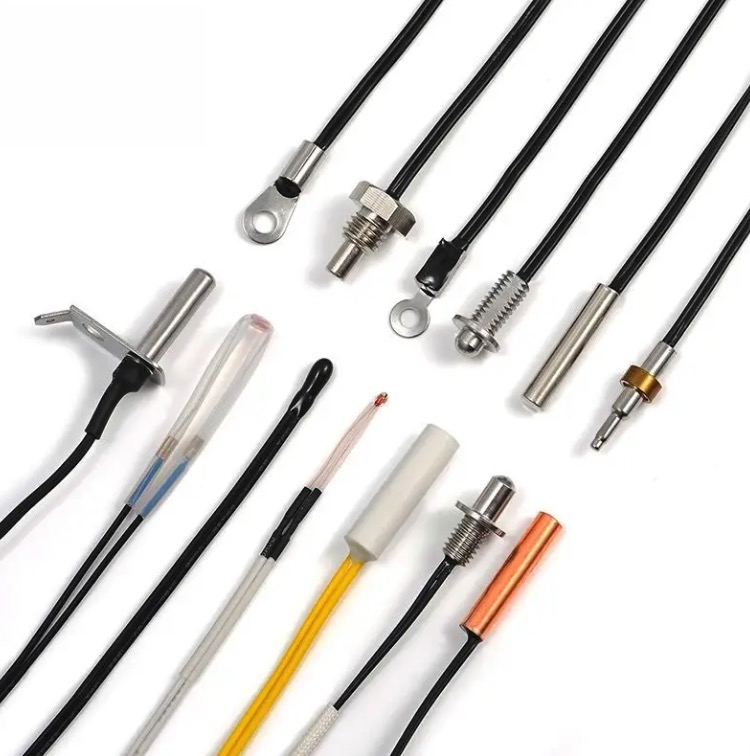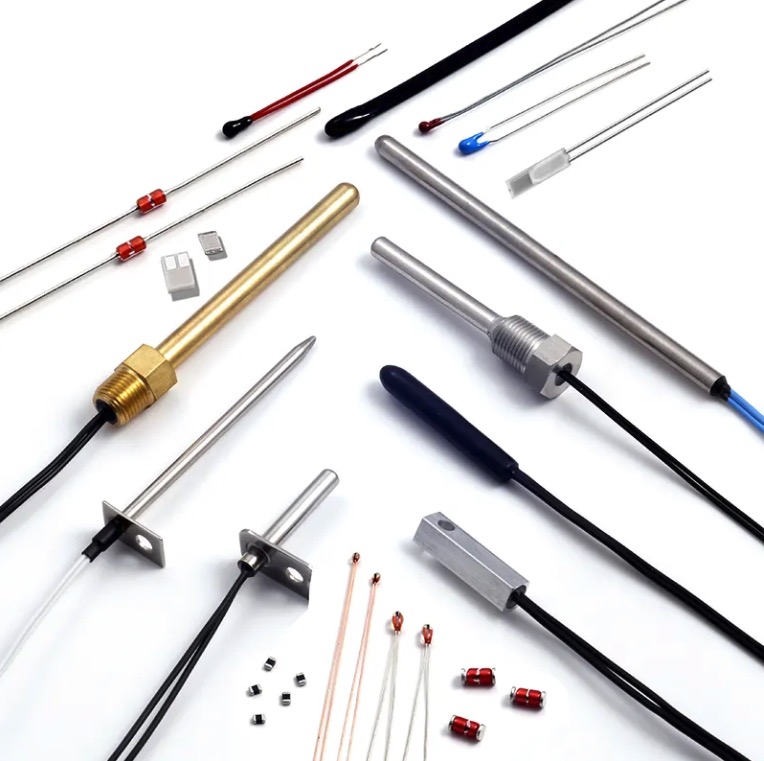In the world of manufacturing and food processing, precise temperature control is vital, and temperature sensors, such as those produced by StarLight Sensors, play a crucial role in ensuring accurate and reliable readings. Industrial oven temperature controllers work hand-in-hand with these sensors to provide consistent heating, ensuring product quality and energy efficiency. In this guide, we explore the importance, functionality, and advantages of these controllers across various industries.
Understanding Industrial Oven Temperature Controllers
An industrial oven temperature controller is designed to regulate oven temperatures by receiving input from thermal sensors, such as thermocouples or RTDs. The temperature sensor ensures that the oven operates within the set parameters, providing real-time monitoring and adjustment to keep production processes running smoothly and efficiently.
Importance of Temperature Control in Industrial Ovens
- Consistency in Production
Industrial ovens rely on accurate thermal management to ensure every product batch is processed uniformly. With a temperature controller working alongside a high-quality sensor, such as those from StarLight Sensors, companies can meet strict quality standards consistently. - Energy Efficiency
Advanced temperature controllers, integrated with precise sensors, help optimize energy use by maintaining consistent oven temperatures. This leads to reduced energy waste and lower operational costs. - Enhanced Product Quality
Whether in food processing or materials manufacturing, controlling thermal conditions precisely is essential for ensuring product quality. By regulating temperature accurately with a controller and sensor setup, such as StarLight Sensors’ temperature sensors, companies can improve product performance, texture, and safety.
How Industrial Oven Temperature Controllers Work
- Key Components
Temperature controllers consist of a sensor (e.g., an industrial oven thermocouple), a control unit, and a user interface. The sensor measures the oven’s temperature, and the control unit adjusts heating elements accordingly. - Feedback Mechanism
The sensor continuously feeds real-time data to the controller, creating a feedback loop. The controller adjusts the thermal output based on this feedback, maintaining stable oven conditions.
Types of Industrial Oven Temperature Controllers
- Analog vs. Digital Controllers
Analog controllers are basic, while digital controllers, which are compatible with advanced temperature sensors like those from StarLight Sensors, offer superior precision, real-time monitoring, and advanced features. - Programmable Controllers
Programmable controllers allow operators to set specific temperature profiles. These profiles help manage various stages of production efficiently by adapting to different thermal requirements throughout the process. - Smart Controllers
Smart temperature controllers use IoT technology to allow remote monitoring and control, further enhancing operational efficiency.
Benefits of Using Industrial Oven Temperature Controllers
- Improved Safety
Accurate temperature control reduces the risk of overheating and potential accidents in industrial environments, improving safety conditions. Reliable temperature sensors, like those from StarLight Sensors, help monitor and maintain safe thermal levels. - Reduced Downtime
By maintaining ideal thermal conditions, industrial oven temperature controllers minimize wear on equipment, leading to less downtime for maintenance and repairs. - Compliance with Regulations
Many industries have stringent regulatory standards for safety and product quality. A reliable temperature controller paired with a precise sensor, like a StarLight Sensors thermal solution, ensures that processes meet these requirements.
Applications of Industrial Oven Temperature Controllers
- Food Processing
Temperature control is critical in food processing, where precise thermal management ensures the safety and quality of products. Temperature controllers paired with high-performance sensors, such as StarLight Sensors’ offerings, are essential in cooking, baking, and drying processes. - Material Curing
In sectors like ceramics and plastics, temperature control ensures optimal curing conditions. Industrial oven controllers help regulate thermal output to achieve the strength and durability of materials. - Pharmaceuticals
Temperature-controlled environments are crucial in pharmaceutical manufacturing. Industrial oven controllers, with accurate sensors, help maintain precise drying and sterilization conditions.
Choosing the Right Industrial Oven Temperature Controller
- Assessing Your Needs
Determine the type of oven, materials being processed, and the necessary temperature range when selecting a controller. Pair it with a compatible temperature sensor, such as those from StarLight Sensors, for accurate thermal control. - Compatibility with Sensors
Ensure your controller is compatible with the appropriate sensor type (e.g., thermocouple or RTD) for reliable temperature measurement. - Budget Considerations
Choose a controller that offers essential features while fitting within your budget. High-quality sensors, like those from StarLight Sensors, provide excellent value for long-term reliability and performance.
Maintenance and Troubleshooting
- Regular Calibration
Periodic calibration of your temperature sensor and controller ensures consistent accuracy in thermal measurements. - Monitoring Performance
Regularly check for any performance issues, such as temperature fluctuations, and address them promptly to maintain efficiency. - Professional Support
Consult with professionals, like the team at StarLight Sensors, for advice on optimizing your temperature control system and maintaining peak performance.
Conclusion: The Future of Industrial Oven Temperature Controllers
In the evolving landscape of manufacturing, industrial oven temperature controllers and precise sensors like those from StarLight Sensors will continue to drive efficiency and product quality. As technology advances, these controllers will offer even greater precision and integration with smart systems, positioning businesses for long-term success.
Understanding the importance of temperature control and choosing the right equipment, from sensors to controllers, will help industries maintain high standards in a competitive market.





